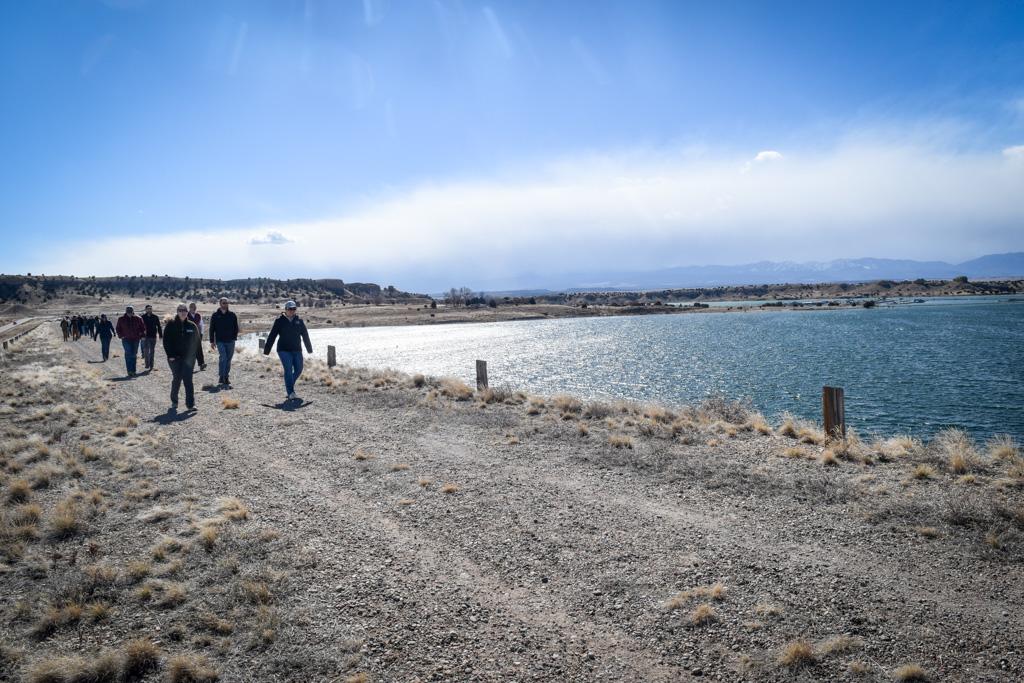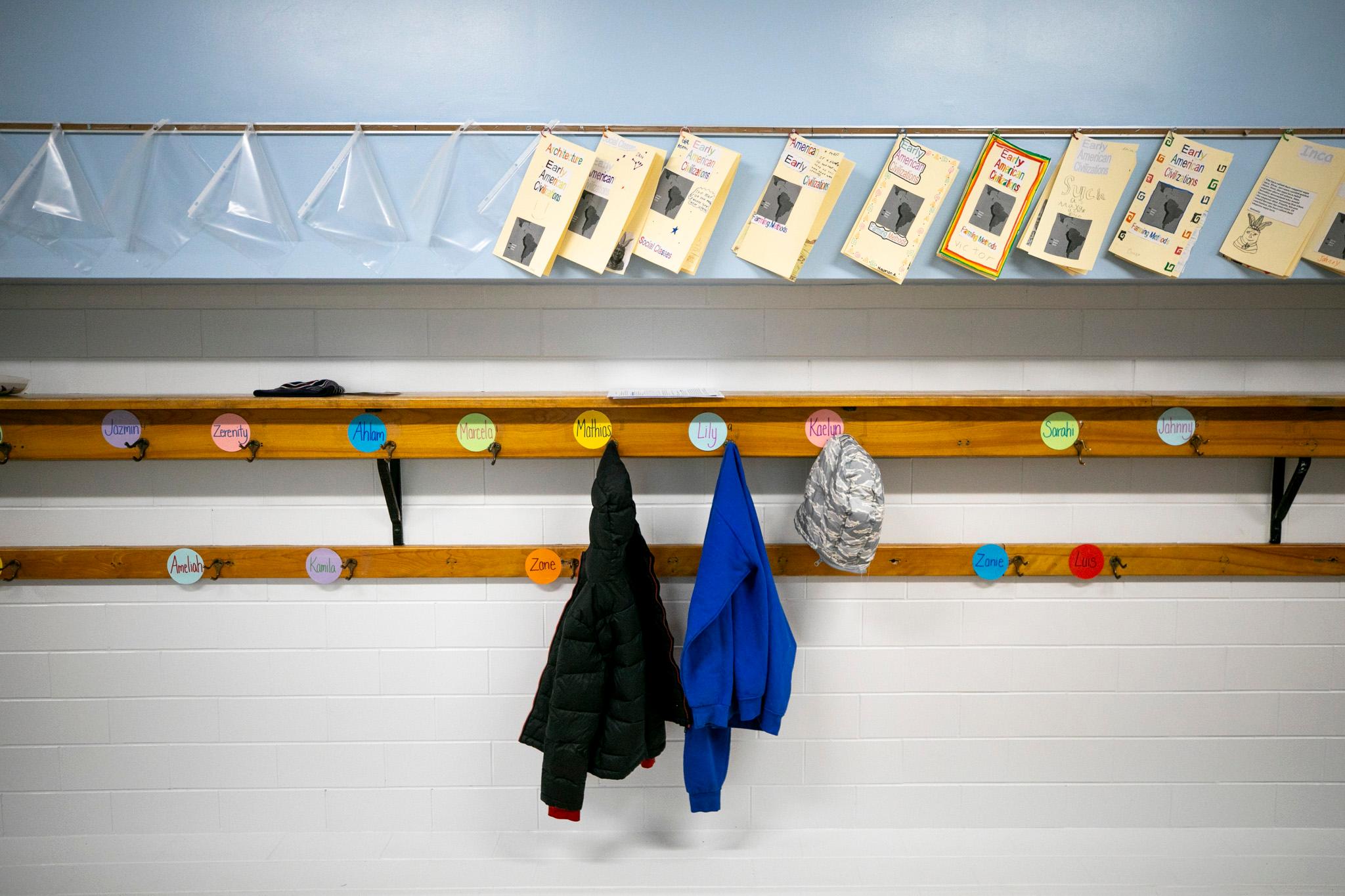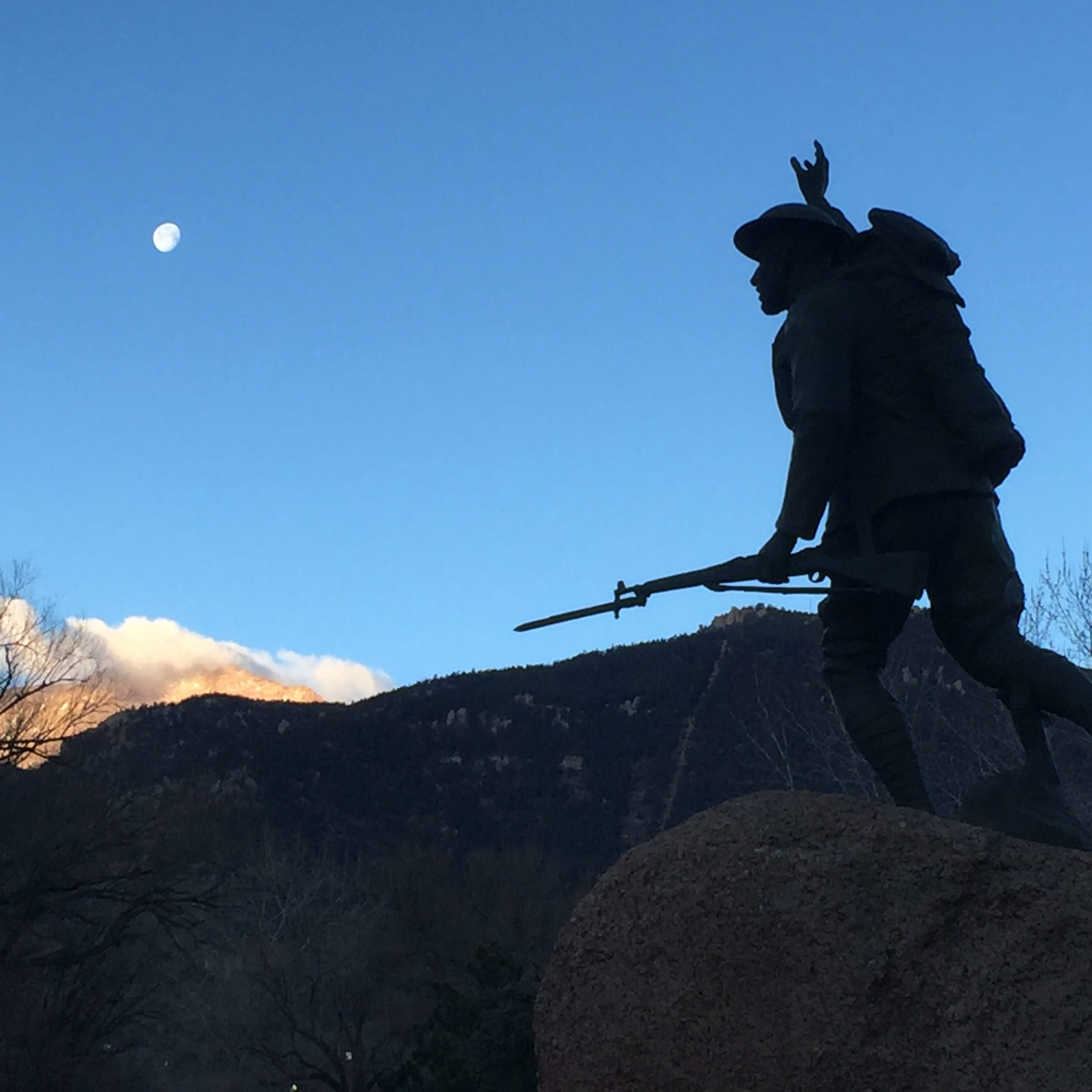
The following is part of KRCC's 'Peak Past' essay series.
A few years ago, I was standing in Memorial Park in Manitou Springs when I noticed this enormous rock in the middle of the park. It was a platform for a bronze statue of a World War I-era soldier, a “Doughboy,” lunging forward towards Pikes Peak, as if to meet some unseen danger.
But, who was he?
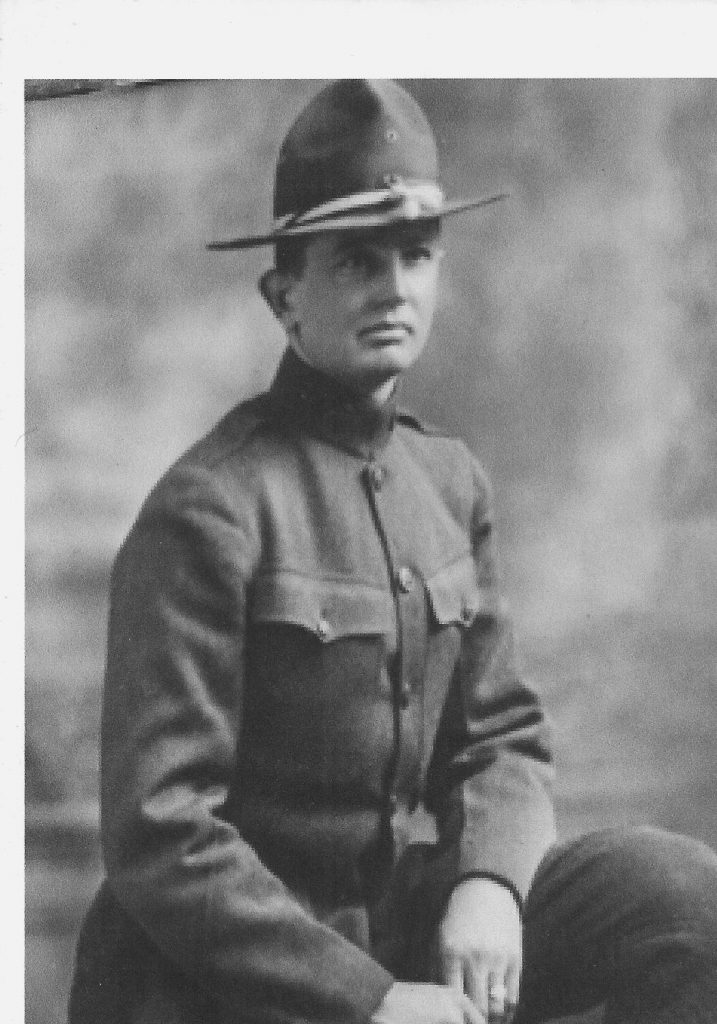
I dug into historical records and old newspapers. The statue honors Marine Corps Pvt. George Eber Duclo, born in 1893. “Eber,” as he was known, was an only child who moved to Manitou when he was 4 years old. He was the second-best hitter on his high-school baseball team. He won a box of cigars in a speed-walking contest.
Eber enlisted in the Marine Corps and was among the first to go “over there” for World War I. He saw combat in 1918, and was unfortunately killed on June 15, 1918 at Belleau Wood, France.
Tragically, a boy from Manitou Springs, known for its artesian water, died in a place named by joining the French words “belle” and “eau,” meaning “good water.”
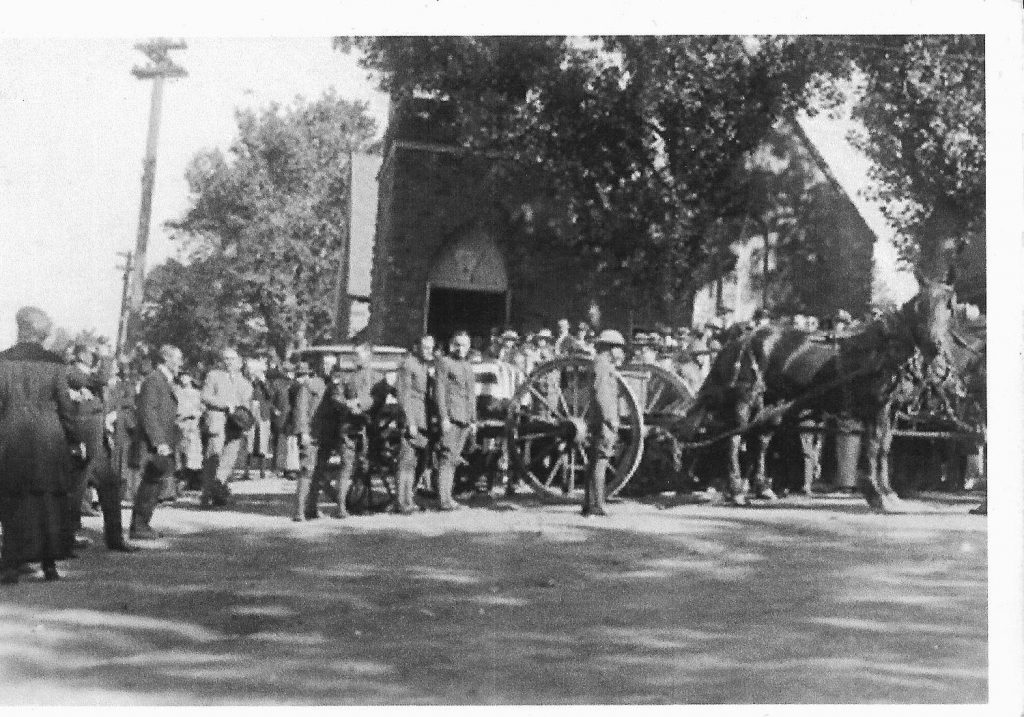
Eber’s funeral was “one of the largest ever held in Manitou,” according to the Gazette’s coverage on September 12, 1921. The American Legion post in Manitou, named for Eber, held dances and took donations to fund the 7-foot bronze statue—“Over the Top to Victory”—in his honor. They placed the statue atop a 20-ton boulder of Pikes Peak granite, taken from near what’s now the Manitou Incline.
In the public address books of those days, thereafter, Eber’s parents listed two addresses: the house where they actually lived, and Memorial Park, where their only son’s memory lived on.
Next time you’re in Manitou, maybe even this Fourth of July weekend, I hope you’ll go visit Memorial Park. Go sit a few minutes with Eber. He deserves the company.
Until our next mountainside chat—be good, be well, and no matter what, climb on.
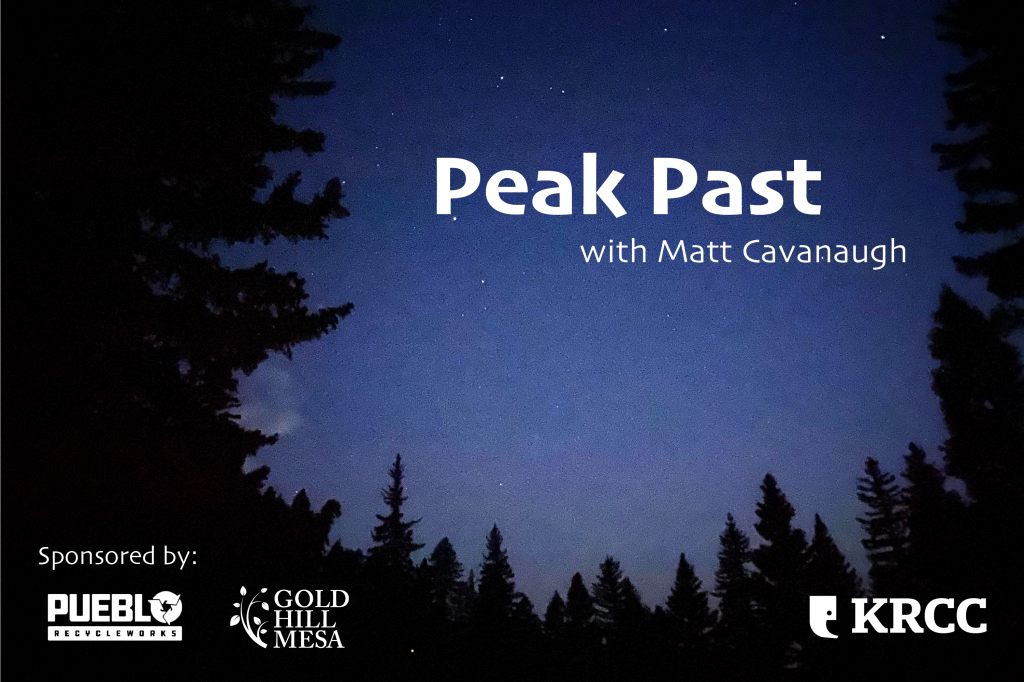
Peak Past (formerly Peak Perspectives) is a weekly segment written and voiced by Matt Cavanaugh, a lieutenant colonel in the U.S. Army and a resident of Manitou Springs where he lives with his wife and two young children. Through his writing, Cavanuagh explores life in the Pikes Peak region, including the gradients and subtleties of our lives in the shadow of America's Mountain.
You can find more work by Cavanaugh here.
KRCC's Abigail Beckman manages the "Peak Past" series. The opinions expressed in this publication are those of the authors. They do not purport to reflect the opinions or views of KRCC or Colorado Public Radio.
Peak Past is sponsored by Pueblo Recycle Works and Gold Hill Mesa.

